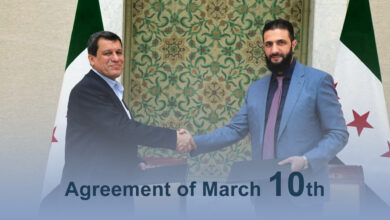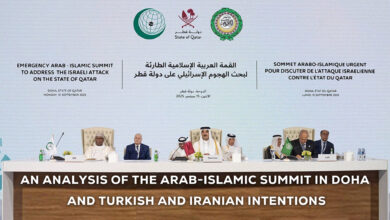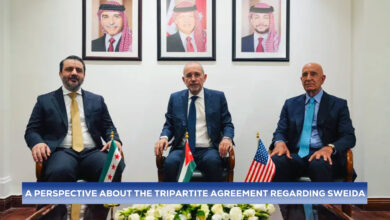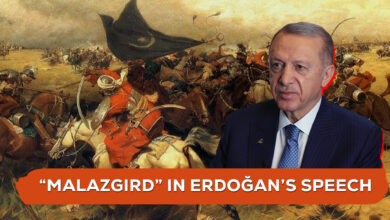The Syrian regime’s discourse towards the Syrian Democratic Forces and the Autonomous Administration
Dr. Murshid Al-Youssef
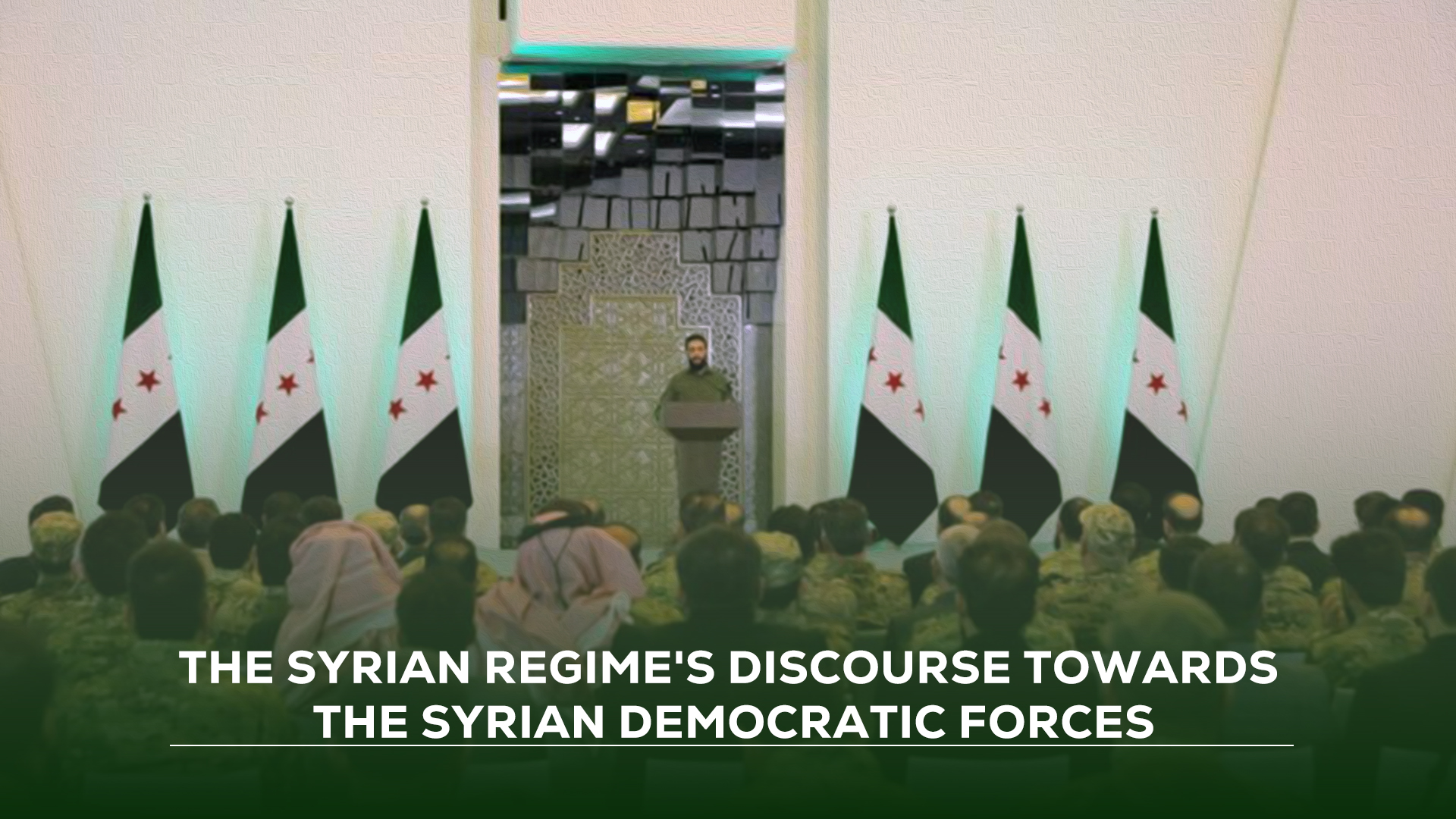
The interim Syrian President, Ahmed Al-Sharaa, has described the Syrian Democratic Forces (SDF) on more than one occasion as representing only a limited faction of the Kurds, even considering them agents of foreign agendas. This characterization carries more than one connotation and means stripping the SDF of political legitimacy and undermining any participatory democratic experience by diminishing the representative size of the SDF; and then employing this discourse to appeal to the Arab street by framing the SDF as a national or separatist threat. The regime refuses to recognize any autonomous administration outside its authority, considering it a rebellion or disintegration, and has monopolized legitimacy through its control of power and its claim to represent the majority. In the absence of free and fair elections, power becomes a tool for aggression, not for democratic governance.
In this context, the “minority and majority” discourse has significant repercussions for the future of democracy, such as deepening societal division. Framing forces undermines national unity and reinforces feelings of marginalization and exclusion, especially among communities that have suffered historical oppression, such as the Kurdish people.
True democracy is built on the principle of participatory citizenship, not on demographic or identity weights. The use of majority discourse leads to implicit discrimination between first-class citizens and others whose representation is questionable, which undermines the chances of a comprehensive political solution. Any future political solution requires the participation of all active forces on the ground. Conversely, entrenching oneself behind exclusionary rhetoric impedes any serious negotiation and reproduces tyranny under new names.
However, the experience of the Autonomous Administration as an alternative model, despite the challenges, remains a serious attempt to establish a new form of local governance in an environment lacking stability. The gains that have been made, from defeating ISIS to building educational and service institutions, cannot be denied. These achievements would not have been possible without an effective political administration and without cross-ethnic and sectarian local alliances.
If Syria is facing a new phase, the political discourse must change radically; from focusing on identities to focusing on rights, from centralizing decision-making to sharing power, and from numerical representation to participatory representation. It should also be recognized that no one can claim to monopolize the representation of the majority or the minority in a complex reality, but the solution lies in a genuine partnership that begins with mutual recognition between all active forces.
The logic of “minority and majority” is one of the most prominent obstacles to building a democratic state in Syria, and the official discourse that challenges the legitimacy of the Syrian Democratic Forces and the Autonomous Administration on an ethnic or demographic basis contradicts the principles of pluralism and citizenship. Therefore, any project to build a new state must be based on the following foundations:
1- Recognizing political and cultural pluralism as a fundamental component of the Syrian identity.
2- Abandoning the exclusionary discourse that uses the minority as a pretext for rejection.
3- Supporting forms of local and decentralized governance, which enhance community participation.
4- Conducting a comprehensive national dialogue that includes all active forces without exception.
5- Establishing a new constitution that guarantees equal citizenship, far from hegemony.
Thus, the experience of Rojava can be transformed from a point of contention into a model, to be emulated in building a state that is not based on population size, but on the partnership of components.
